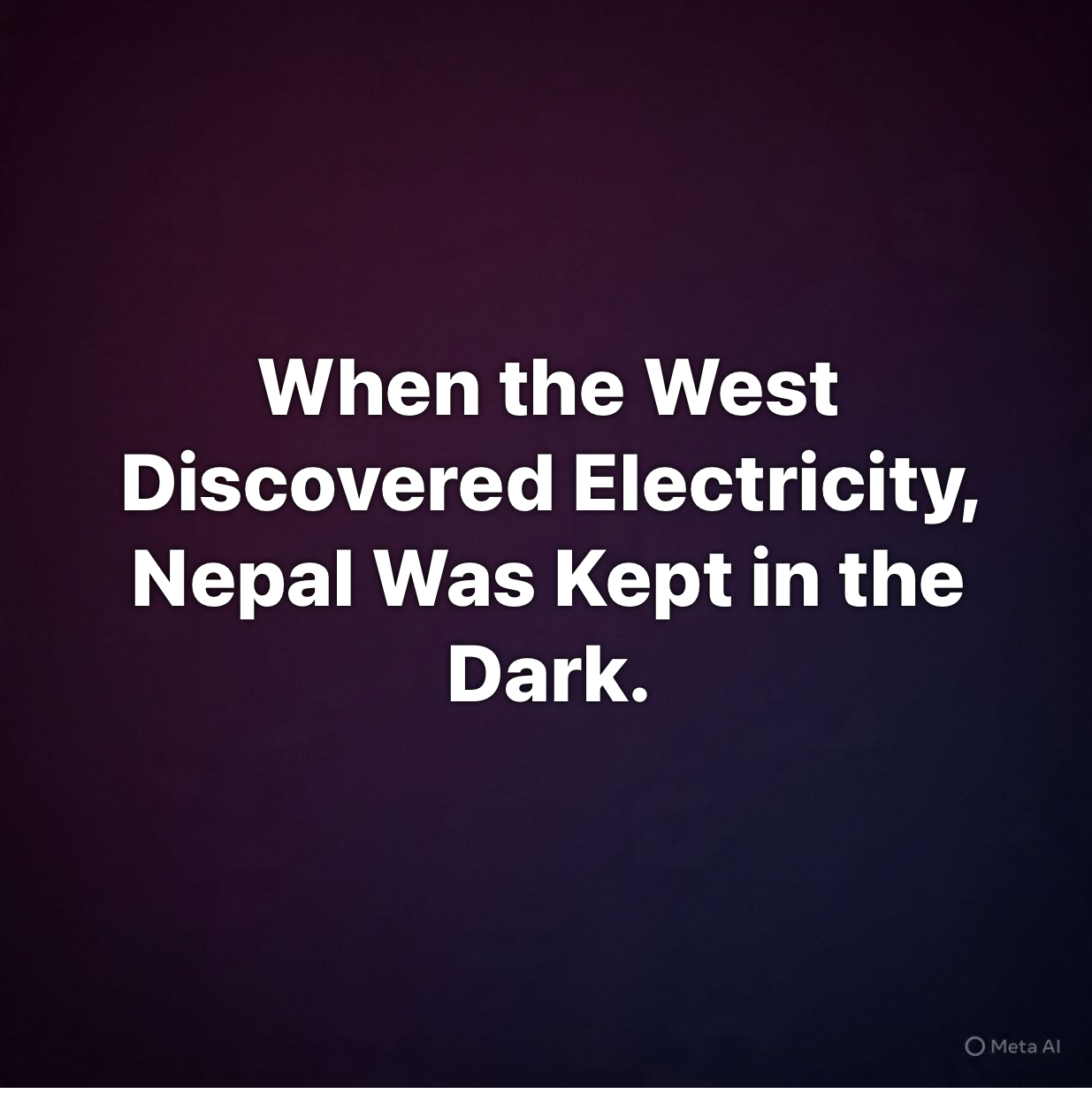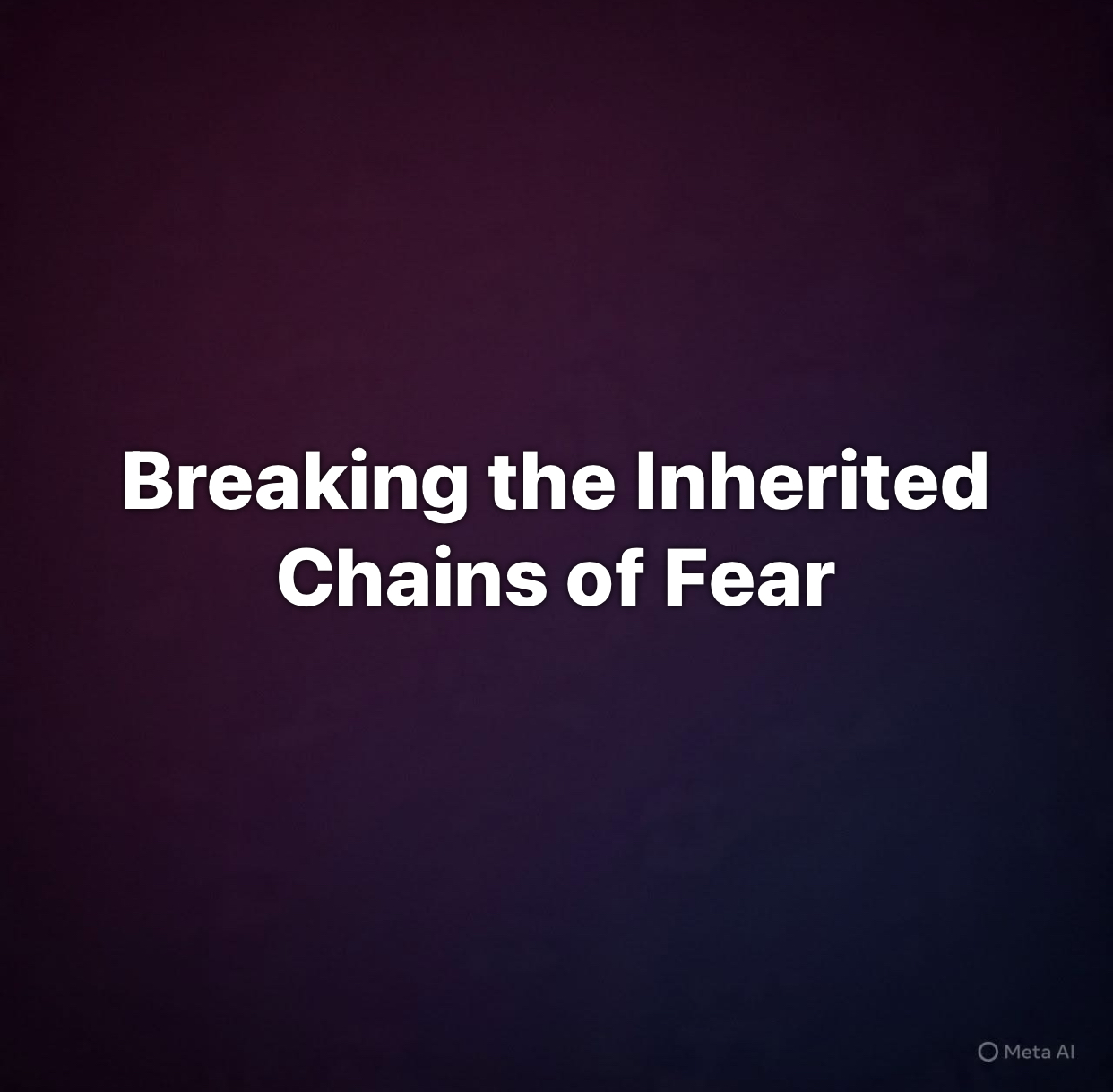How Artificial Intelligence Is Redrawing the Map of Global Power — and Where Nepal Fits In
How Artificial Intelligence Is Redrawing the Map of Global Power — and Where Nepal Fits In
How Artificial Intelligence Is Redrawing the Map of Global Power — and Where Nepal Fits In
Because it is not the smartest who will shape the world to come, but those who use their intelligence — and their machines — wisely.

Even today, the echoes of that divide remain. Where Franklin’s kite caught lightning, Nepal was still learning to strike a spark — a reminder that the greatest revolutions often begin not with machines, but with the freedom to ask why.

Self-awareness and self-respect are the foundation of a good life — resonates across cultures and generations.

Mha Puja in the Diaspora: Keeping the Light Alive

The Newar civilization once flourished through art, trade, and innovation—through its openness to ideas, not its resistance to change. Our ancestors built temples not just of brick and wood, but of imagination. To honor them today is to keep that spirit alive, not fossilized.
The true frontier of secularism is not simply removing religion from the state, but redistributing who gets to define the sacred and the just. Whether in the temple or in the algorithm, the underlying moral demand is the same: no power structure, old or new, should be allowed to legitimize inequality.
In the context of the old Nepal, to see the rulers as ordinary people was the crime. And in the context of the new Nepal, to continue insisting on the fundamental ordinariness and equality of all people, and thus the illegitimacy of any inherited hierarchy, remains the unfinished work of the revolution.
By aggressively and strategically tackling these three fronts—Infrastructure, Affordability, and Literacy—Nepal can ensure that the deployment of AI truly serves as an engine for unmaking inherited hierarchy and building a genuinely equitable, modern state.